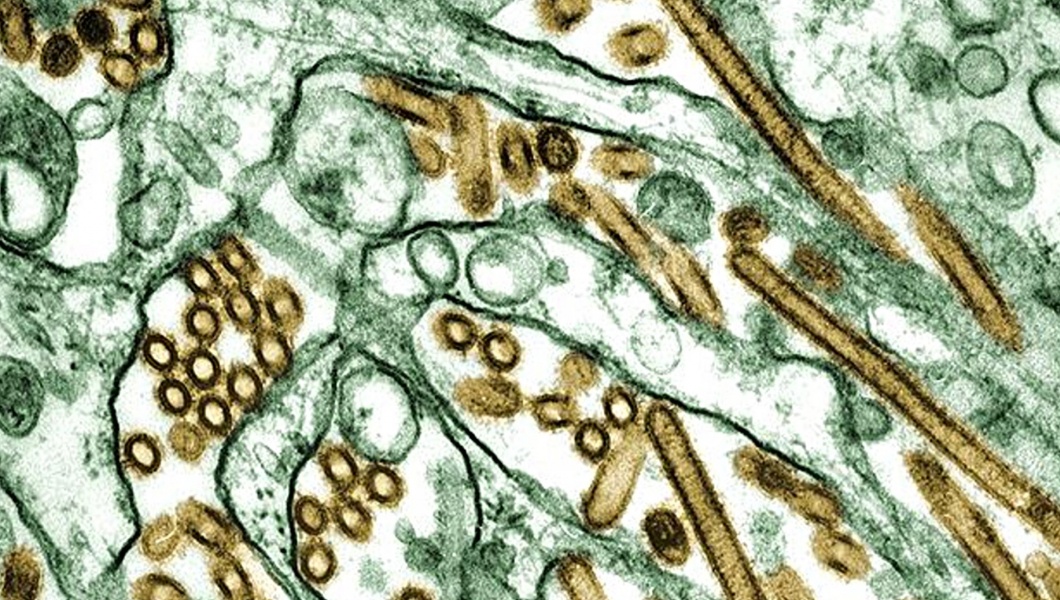Sioban Nelson (University of Toronto), Nursing infectious disease: a History with three Lessons
University of Toronto Professor Sioban Nelson’s paper “Nursing infectious disease: a history with three lessons” will be of great interest to health care managers currently dealing with COVID. The three lessons she presents to such managers are:
1) re-learn basis and important hygiene practices
2) innovate to cope with risk, as blood-service managers did during the HIV-AIDS pandemic
3) prepare for staffing challenges similar to those that Britain’s National Health Service experienced in the aftermath of the Second World War.
The Jury Awards the first Prize to Sioban Nelson. Congratulations! 1 May, 2020
1) re-learn basis and important hygiene practices
2) innovate to cope with risk, as blood-service managers did during the HIV-AIDS pandemic
3) prepare for staffing challenges similar to those that Britain’s National Health Service experienced in the aftermath of the Second World War.
The Jury Awards the first Prize to Sioban Nelson. Congratulations! 1 May, 2020
Thomas DeBerge (University of Illionois), Thrift in a time of war and influenza: American mutual life insurance companies, 1917-1920
Managerial implications are presented by Thomas DeBerge, a PhD student University of Illinois, Urbana-Champaign, in his paper “Thrift in a time of war and influenza: American mutual life insurance companies, 1917-1920.” He examines the strategies used by the managers of US life insurance companies during a period in which death rates unexpectedly surged due to US participation the First World War and then, the 1918-1919 influenza epidemic. He argues that the firms that went in to the crisis with large cash reserves survived because their organizational cultures had previously promoted the value of thrift. Although it is too late for managers now dealing with COVID to go back in time and tell themselves to save more for this crisis, DeBerge’s research may be very useful for market actors who now need to predict which firms have the traits that suggest they are likely to survive the crisis. These actors include the lenders who now need to make tough judgement calls about which firms are likely to fail.
The Jury Awards the second Prize to Thomas DeBerge. Congratulations! 1 May, 2020
The Jury Awards the second Prize to Thomas DeBerge. Congratulations! 1 May, 2020
Bram Bouwens & Keetie Slyterman (Utrecht University), All Stakeholders count: the Dutch Beer Industry during the First World War
Two distinguhished Dutch business historians sent us a paper that they wanted to have published on our Website but did not want to be entered in to the Competition for the Prize. Their paper “All stakeholders count: the Dutch beer industry during the First World War,” argues that managers now confronted with COVID should strongly consider collaborating with competitors, as Dutch brewing companies did the First World War. During that crisis, the Dutch brewers mitigated the uncertainties and scarcities of the war by reaching out towards their competitors and by engaging with all their stakeholders. Their paper suggests that while commercial competition is perfectly healthy in normal periods, competitors need to cooperate during crises. They also need to be seen to be serving the common good.
Georg Colpitts (University of Calgary), Business Community Risilience while Fighting the Flu in the Fur Trade, 1797
In 1797, an influenza epidemic devastated the population of part of the territory that was important to the Hudson’s Bay Company, the London-based firm that then dominated the fur trade in the northern half of the North American continent. In his paper, “Business Community Resilience while Fighting the Flu in the Fur Trade, 1797” Professor George Colpitts of the University of Calgary explores how inter-personal relationships between HBC officers and local people in small communities helped the company to cope with this crisis. Colpitts suggests that while in normal position, a firm’s sense of purpose and identity can be promoted by non-face-to-face communications in textual media, in periods of crisis, the inter-personal networks previously developed by employees can become crucial. One possible managerial implication of this research is that in large firms faced with COVID, relationships between branch managers and local stakeholders will be particularly important.
Rika Fujioka & Tatsuro Watanabe (Kansai University), Lessons to Learn form Japanese Retailers on Natural Disaster Recovery
Japan is both an advanced economy and geologically active country with frequent earthquakes and infrequent but highly destructive tsunami. In their paper on how Japanese Retailers have recovered from historical natural disasters, Professors Rika Fujioka and Tatsuro Watanabe argue that having a pre-prepared Business Continuity Plan can help firms to survive natural disasters that disrupt their supply chains. They also show that it is important for firms to show solidarity with others in their communities during crises because stakeholders have long memories. Their research suggests that firms that act prosocially during crises are more likely to survive and emerge from the crisis with enhanced reputations. In our view, managers dealing with the social impact of COVID should pay particular attention to this last research finding.
Valerie E. Mock, Lessons From a Forgotten Pandemic
In her paper in “Lessons From a Forgotten Pandemic,” a study of how business responded to the HIV-AIDS crisis, Valerie Mock presents recommendations to managers dealing with the impact of COVID. She shows that they need to embrace the facts and be data driven, build coalitions, and analyse the needs of stakeholders.
Janice Traflet (Bucknell University), Protecting Investors in Tumultuous Times: How Reinstituting the 1938 Uptick Rule Can Make Markets More
In her paper, Professor Janice Traflet of Bucknell University drew on her earlier research on the history of the New York Stock Exchange. She explores the reasons why the so-called uptick rule was implemented in 1938 and why it was later repealed. She argues that to limit the potential negative impact of major crises, so-called “black swan” events, stock exchanges would benefit by taking steps (such as possibly reinstating the 1938 uptick rule) to improve market fairness and orderliness, and in so doing, strengthen public trust.







